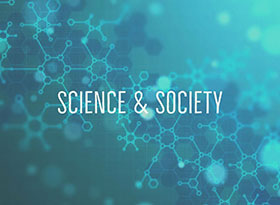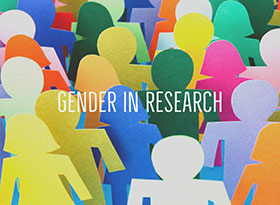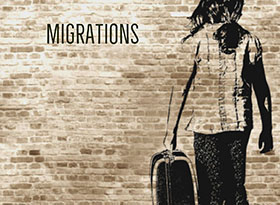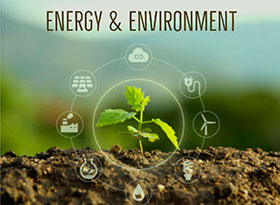CASTAL
Call for documentation about case studies on sustainability transition at the local or subnational level in Europe
The CASTAL project is launching a collection of case studies on sustainability transition (in terms of “socio-technical change”) at the local or subnational level in Europe, including countries outside the EU.
The project is developing a new digital research tool collecting these case studies to make them Findable, Accessible, Interoperable, and Reusable (FAIR). In this way, the project will contribute to Open Science and European Open Science Cloud, by enabling future research and the exploitation of research results by researchers from SSH and other disciplines, as well as by local authorities, businesses and citizens. The project is developed by two third-party organisations, K&I (Knowledge & Innovation, Coordinator) and UNIMIB (University of Milan-Bicocca).
In particular, the CASTAL Project will provide an Atlas including: an archive, collecting over 500 case studies; a metadata dataset describing each case study; a web portal as a companion tool for increasing the accessibility and findability of the Atlas. The project will also promote secondary studies by using CASTAL as a data source and develop web services and guidelines for updating the Atlas.
The Atlas will consider cases processed as grey literature (and therefore at risk of being lost such as reports, deliverables, theses, etc.), dated from 2010 onwards, in the English language, preferably in pdf format (but other downloadable documents, e.g. word, can also be considered) and mainly licensed in “CC by”. On the other hand, the Atlas will not collect papers that have already been published and therefore traceable through conventional archives.
It is important for us to create an archive that is as representative as possible of the knowledge produced in this field. Therefore, the contribution of researchers engaged in this field can be important for the advancement of knowledge preservation and open science.
The first collection of studies is ongoing and will continue until at least March 2025. If you have specific case studies that you intend to share and include in our Atlas, that meet the mentioned requirements, please send them to mezzana@knowledge-innovation.org.
We would of course be interested in staying in touch for future project activities (e.g. for exploitation of research results), and thank everyone who intends to contribute in advance.
Further info: K&I page about CASTAL
Through its basic and applied research programme, Knowledge and Innovation aims to contribute to the generation of new knowledge about contemporary societies and the transformations taking place within them. In doing so, it aims to promote a general strengthening of the social sciences’ capacity to interpret ongoing processes of change, to understand how they evolve over time, and to explore the options and tools available for their effective management.
Knowledge and Innovation was established by a group of sociologists and social scientists wishing to capitalise on their joint research programme on the evolution and governance of society, which began in the late 1970s (see Activities section).
The activities of Knowledge and Innovation are carried out in Italy, Europe and internationally, with an interdisciplinary approach that includes all levels of social research: epistemological, theoretical and methodological.
Knowledge and Innovation is also active in areas related to research, such as training and capacity building, networking and scientific communication, evaluation and technical assistance, consultancy and support for the implementation of public policies.

In July 2018, Knowledge and Innovation was granted Special Consultative Status by the United Nations Economic and Social Council (ECOSOC).







